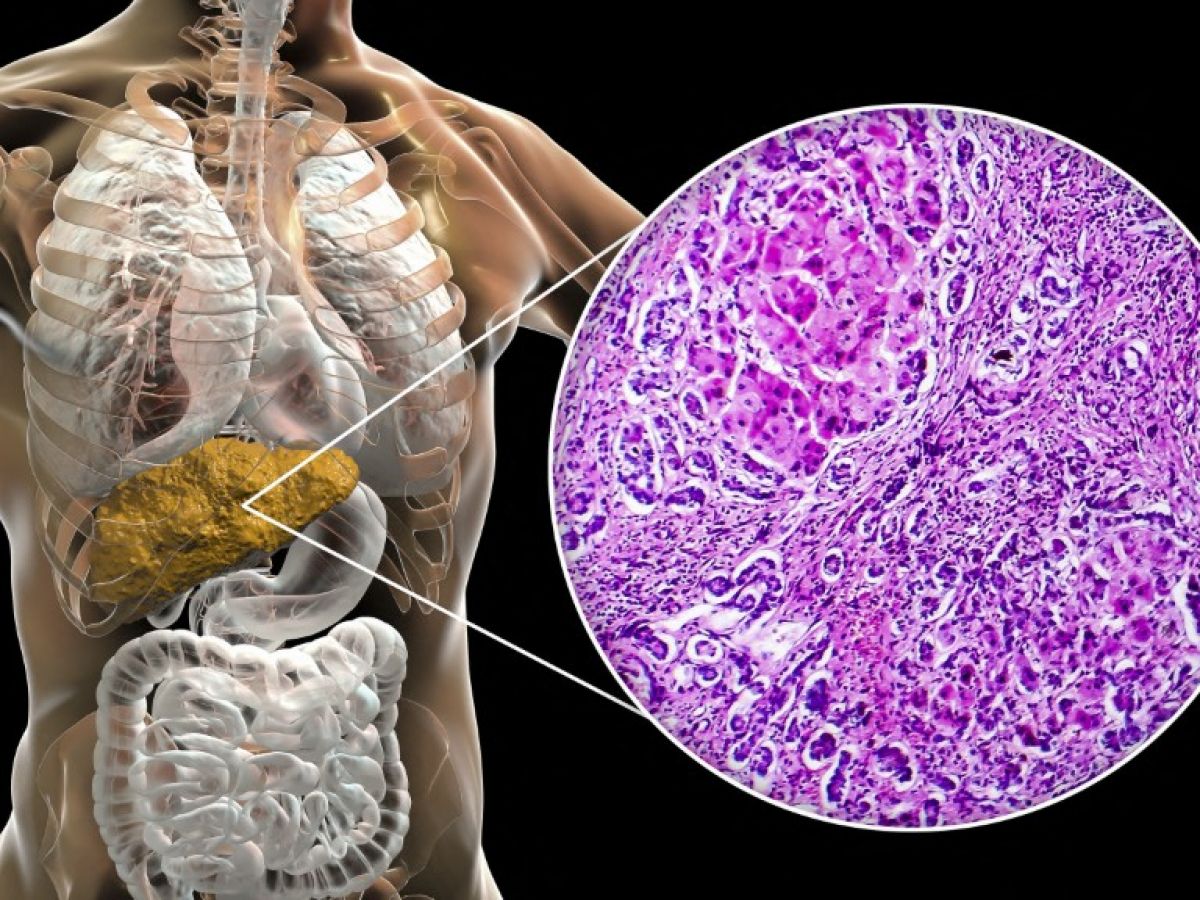Several deaths, a very high number of cases... The meningitis outbreak is intensifying and health authorities plan to further expand vaccination.
It is high time, say some doctors, who regret a lack of action and transparency.
"We are seeing an increasing number of cases of meningitis," Yannick Neuder, Minister of Health and Access to Healthcare, told AFP on Tuesday, following new vaccination recommendations from the French National Authority for Health (HAS).
However, the rules on this matter have recently changed in the face of the significant increase in meningitis in recent years in France, as in other countries.
These infections, caused by bacteria called meningococci, can cause meningitis, but also septicemia, and even arthritis or forms with gastrointestinal symptoms. Extremely dangerous, they kill a patient suddenly if left untreated and, even if they are, lead to a high mortality rate and a high risk of after-effects.
Cases have been surging for several years, amid the end of Covid-era health restrictions. In 2024, more than 600 infections were recorded, a 20-year high.
And the trend is growing: in January and February, cases far exceeded the level of a year earlier. This is at least partly due to the virulent flu epidemic, which is a risk factor for meningococcal infections.
Beyond the figures, deaths have left their mark and served as a reminder that young people are most at risk: a 3-year-old child in Drôme, an 18-year-old woman in Rennes...
It is in this context that the HAS's new recommendations come into play. They aim to expand on rules introduced in January, which were already intended to address the rise of previously marginal strains.
These are meningococci A, Y and, above all, W, which is particularly deadly and has almost supplanted the C strain. B, however, remains dominant.
Vaccination is split into two: until 2025, one vaccine targeted B and the other C. Since then, the latter has been replaced by a vaccine combining A, C, W and Y, mandatory up to the age of one and recommended for 11-14 year olds.
– A “before summer” campaign –
The HAS is now going further: the ACWY vaccine must finally become mandatory until the age of two. And, in the immediate future, it should even be offered to all children under three.
For older adolescents and young adults, the HAS is calling for a major campaign to offer the ACWY vaccine to 15-24 year-olds who have never been vaccinated against meningococcus.
A campaign is already underway in Rennes, following the fatal case at the beginning of February.
At the same time, the HAS is renewing its recommendations on the anti-B vaccine, which is already mandatory until the age of two. However, it is now also recommending a catch-up vaccination up to the age of five for children who have never received it.
As for older people, her position appears complex. She does not recommend it for adolescents, considering its protection period too short, but would like it to be reimbursed for all 15- to 24-year-olds who wish to receive it.
This point "is not very clear," complains infectiologist Odile Launay to AFP, who contributes, along with other specialists, to the Infovac network, an organization that has not held back its criticism of the anti-meningococcal vaccination policy.
"Delays in decisions to recommend or reimburse effective vaccination have serious consequences in terms of mortality and after-effects," wrote Infovac at the beginning of March, which laments the complexity of the HAS recommendations but also a lack of political will in the absence of a real vaccination campaign.
Mr. Neuder promises to quickly implement the main recommendations of the HAS, while simplifying the message sent to the general public.
ACYW vaccination up to three years old? "It's a matter of a few weeks," he assured.
The minister is also considering a major national campaign targeting 15- to 24-year-olds "before the summer," modeled on the Rennes experiment. Then, starting at the start of the school year, a campaign in middle schools targeting 11- to 14-year-olds, coupled with the anti-HPV vaccination.

